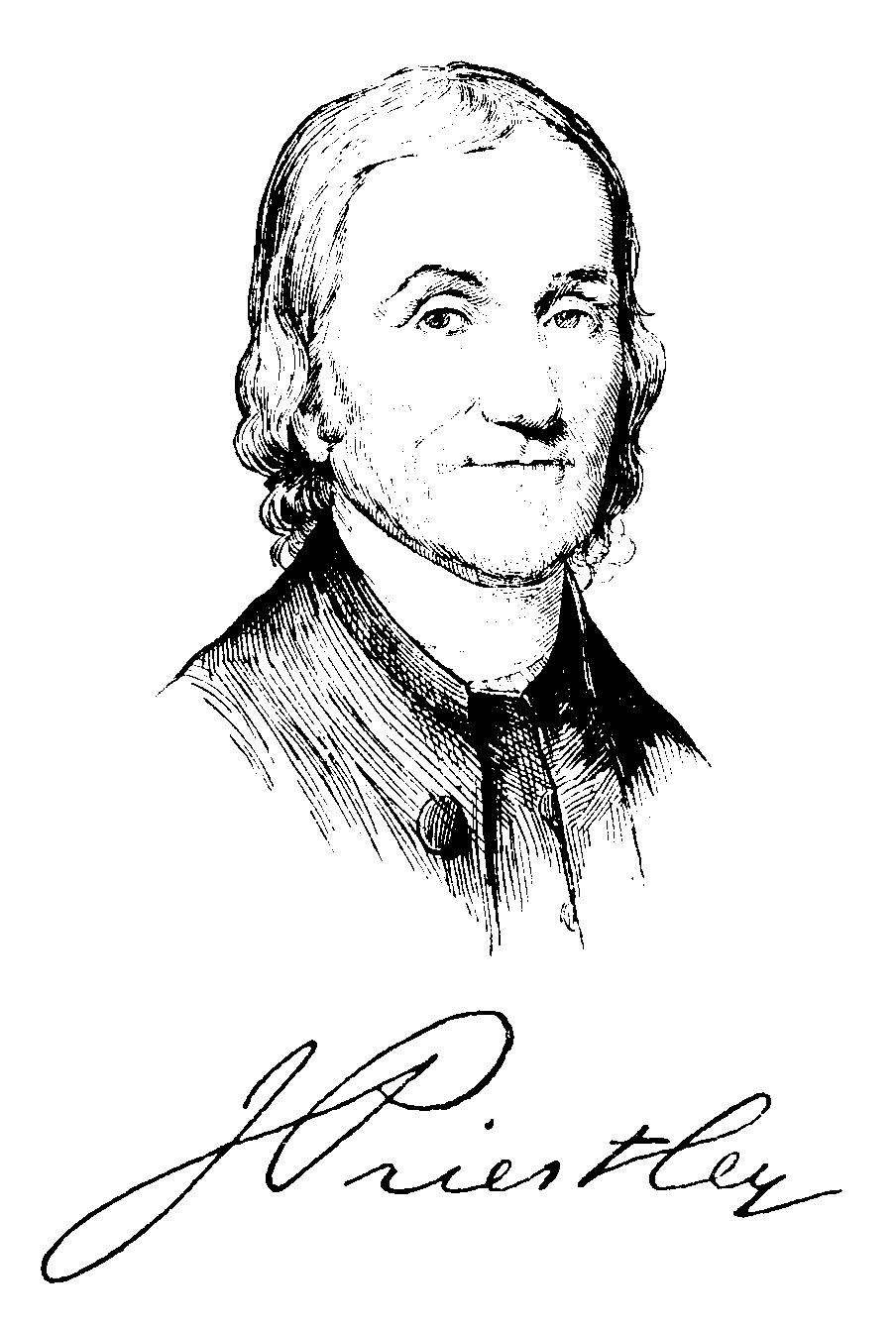A good book is like a good PowerPoint presentation. Or at least thats the approach taken by pop science writer Steven Johnson in The Invention of Air (Riverhead, $25.95). Adapted from a college lecture, its a brisk and not entirely convincing overlay of 18th-century politics, religion, and chemistry. All of which convergeas if in a diagram!in the life of Joseph Priestley (1733-1804), an English Unitarian minister with a knack for tabletop science. In signature experiments, he discovered thatin a sealed glass chamberplants emitted a mysterious substance that could help similarly sealed mice live for days. What life-giving elixir did the greenery provide? Dephlogisticated air, or what we today call oxygen. Priestley got the underlying chemistry wrong, but his experiments altered the course of science. At the same time, being something of a role model for Johnson, Priestley was a great popularizer of science. He authored a bestseller about his pal Benjamin Franklin and electricity not in Latin butgasp!in English (the Internet of its day). Johnson himself has written about TV (Everything Bad Is Good for You) and epidemiology (The Ghost Map), and here he refracts just about every beam of Enlightenment thought through the prism of Priestley. (Whom he also compares variously to Zelig and Salman Rushdie.) Eventually an exile in America (where he and Thomas Jefferson were like MySpace buddies), Priestley seems to have been met and liked by all the leading minds of his dayexcept for those in the Church of England (i.e., Microsoft), who found him too much the dissenter. In the coffee houses of London, Priestley famously shared all his ideas, good and bad, with anyone whod listen. With no patents at stake, he was open-source before the term existed. (Also: Town Hall, 7:30 p.m. Mon., Jan. 12.) BRIAN MILLER
Sun., Jan. 11, 3 p.m.; Mon., Jan. 12, 7:30 p.m., 2009




